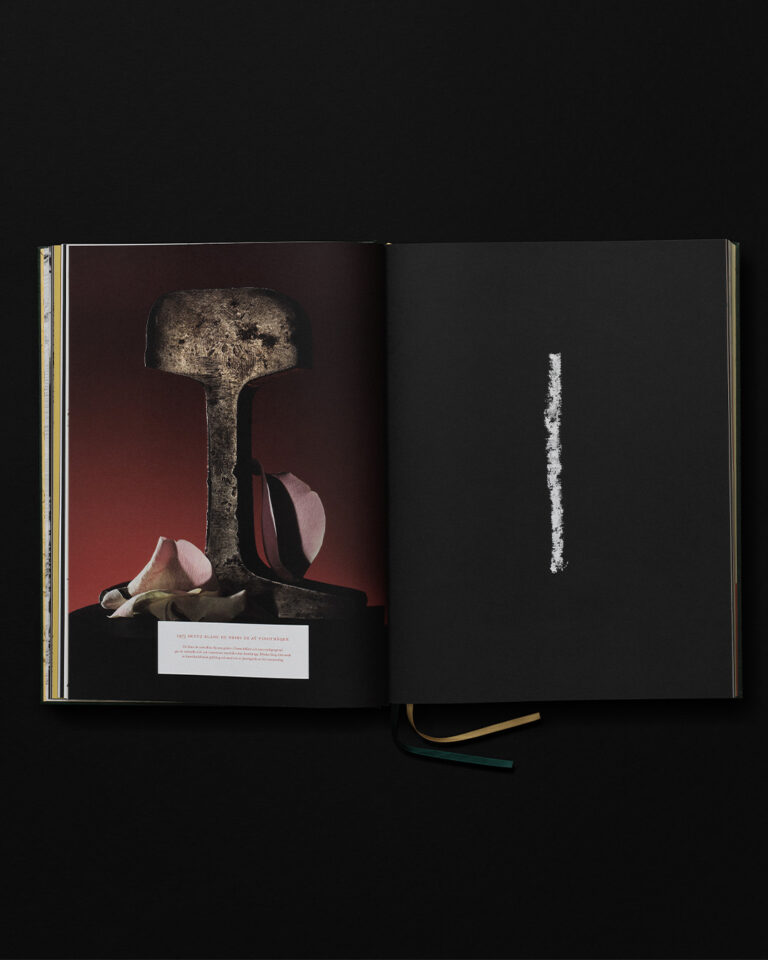1) In your opinion, what is the image and the role played by French wines in your country or region today ?
In Scandinavia French wines are loosing ground to the New World in the low-price segment, but are as strong as ever in the top quality segment. For the last fifteen years magazines and news papers have focused on the new wine countries. Countries like Australia, Chile and lately South Africa have been the talk of the town. The general topic for most writers has been a strong focus on “Bargains” and “worth the price-wines”. This way of thinking went so far that a sudden wave of counter reaction got a nice grip as late as last year. Writers like Andreas Larsson, Essi Avellan and me started to show how ridiculous it could be when a journalist forgot about the quality of the wine just because the price was low. At a certain point you could see billionaires go hunting in the monopoly shops for a “bargain” for 6 Euros that tasted awful! All the Scandinavian countries have a very strong and increasing wine interest and the French wines are unthreatened masters on the throne. The Scandinavian wine interested people are quite well educated and interested in vinification details and producers in a similar academic way as the Japanese. The group of well wine educated Scandinavians is growing very rapidly and the upper middleclass awareness of quality wines are huge. Still this is a high society and city phenomena. The average person in the countryside or the small cities very often has no interest or knowledge what so ever if he or she is not connected to a tasting community like the worlds biggest wine organisation the Swedish Munskänkarna.
We notice two strong trends in Scandinavia. On one hand a rise in consumption of Champagne, great Bourgogne, Rhône and Bordeaux. The full size of this is not shown in official statistics since more and more people are filling their cars in France now when the EU regulations are much less strict than before. On the other hand there is a huge explosion in sails of “bag in box” where even a few French quality producers have a great success with easy to drink cheap wine in this uncultivated form. To sum it all up French top wines are in Scandinavia to stay and rapidly gaining even bigger ground but in the low price sector the competition is strong and most people are only looking for prices or prefer the more obvious fruity character of New world wines.
2) How have they evolved over the past 10 years?
See question n°1
3) Please assess the most positive or special features of French wines, and would you support the idea of a French specificity ?
Personally I am more convinced than almost anyone I now about the superiority of French wines. I do not hesitate to say that for me without a fraction of a doubt my personal top list of the 100 greatest wines of the world would all be French. For me the reason for this is not some kind of personal love relationship with the beautiful multi-faceted country of France. Nor is it a question of history or tradition. It is not because French wine makers are better than others. No the big secret lies in nature. It just happen to be the case that a combination of the best climatic conditions and geological factors gives the best preconditions for making perfect wines in several styles are based within the borders of this big central European country.
4) Which do you consider to be the most interesting and promising vineyards in the world today ?
For me still the most interesting vineyards in the world are the most classical. For instance how good can a wine from La Grande Rue become? Or how would a low-yield Dom Pèrignon taste like? But if we speak about big potential development from quality today I will answer Austria, Switzerland, New Zeeland and Tasmania for white wines. South of France and Bolgheri for red wines and England and Virginia for sparkling wines.
5) What would you predict for the future of the wine industry in 10 years, and what are the most important challenges that wine producers must address in the years to come ?
Right now I am working with a television-series in China together with Edouard Cointreau where I am trying to teach the Chinese people about wine. Just seeing the passion and interest by the Chinese film team and knowing that the government wants to increase the wine consumption based on health reasons makes me convinced that the market for good wines will increase very much especially thanks to new countries like China, India and Russia as soon as the financial crisis is over. The big challenge will be to meet this increase in demand with wines that are good enough. This will probably mean that we have to give up part of the desire to keep wines individualistic and personal and aim for international well made but quite neutral wines. A trend that have been going on for a while now for good and bad. On the other hand this will give more room for boutique made connoisseur wines for really interested people. So my future prediction is that we will see even more really great wines from the best terroir and more neutral international wines making it impossible to see the difference from a cabernet from Uruguay or China.





